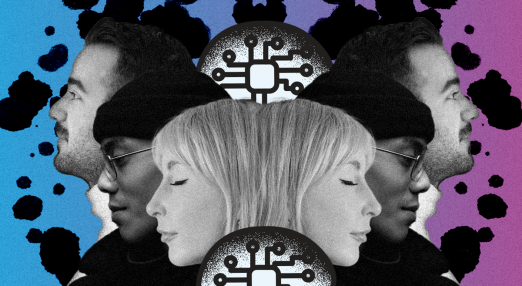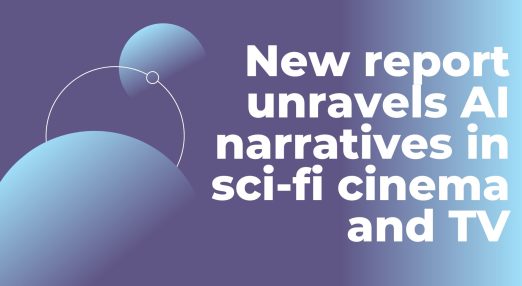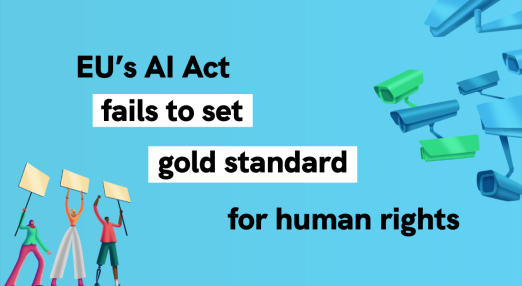artificial intelligence
Filter by...
-

OPEN LETTER: The European Commission must act now to defend fundamental rights in Hungary
With Budapest Pride set to take place on June 28, 2025, EDRi and 46 organisation are urging the European Commission to defend fundamental rights in Hungary so that Pride organisers and participants can safely exercise their right to peaceful assembly and freedom of expression.
Read more
-

Hungary’s new biometric surveillance laws violate the AI Act
This blog post is a legal analysis of new legislation in Hungary that uses facial recognition technology in a manner that violates the EU Artificial Intelligence Act. Such use of this technology risks discouraging people from exercising their fundamental rights undermining their trust in democracy.
Read more
-

Civil society to European Commission: Act now to defend fundamental rights from Hungary’s Pride ban and the use of facial recognition against protesters
EDRi, along with a broad coalition of civil society organisations, demands urgent action from the European Commission on Hungary’s new law banning Pride marches and permitting the use of live facial recognition technology targeting protesters.
Read more
-

The EDPB’s Rorschach Test: What the data protection body’s Opinion on AI training Means for GDPR Enforcement
In December 2024, the European Data Protection Board (EDPB) released a much-awaited Opinion on AI model training. While the Opinion reaffirmed GDPR principles and underscored the need for robust safeguards, its ambiguities may leave room for regulatory evasion, reinforcing the ongoing struggle between data protection rules and commercial AI development wishes.
Read more
-

Statement: EU takes modest step as AI law comes into effect
The EU Artificial Intelligence (AI) Act will finally come into force on August 1, 2024. While it's disappointing that the final law did not put people and their rights at the centre, it still contains some silver linings.
Read more
-

New report unravels AI narratives in sci-fi cinema and TV
Students of the SWPS University’s Institute of Humanities in Warsaw, Poland, published their research on “Visions of AI in Popular Culture: Analysis of the Narratives about Artificial Intelligence in Science Fiction Films and Series”. The report delves into the central themes and recurring motifs through which technology becomes ingrained and socialised in cinematic fiction.
Read more
-

Packed with loopholes: Why the AI Act fails to protect civic space and the rule of law
The European Parliament approved the AI Act on 13 March 2024, thus marking the end of a three-year-long legislative process. Yet to come are guidelines and delegated acts to clarify the often vague requirements. In this article, ECNL takes stock of the extent to which fundamental rights, civic space and the rule of law will be safeguarded and provide an analysis of key AI Act provisions.
Read more
-

EU’s AI Act fails to set gold standard for human rights
A round-up of how the EU Artificial Intelligence (AI) Act fares against the collective demands of a broad civil society coalition that advocated for prioritising the protection of fundamental human rights in the law.
Read more
-

#PrivacyCamp24: Event summary
On January 24, 2024, we brought together policymakers, activists, human rights defenders, and academics from all over Europe for Privacy Camp 2024. We came together to explore the theme ‘Revealing, Rethinking, and Changing Systems’.
Read more
-

NGOs and experts warn AI Act negotiators: don’t trade our rights!
On 8 December 2023, 70 civil society groups and 34 expert individuals sent an urgent letter to the Council of EU Member States, the European Commission and the European Parliament to urge them "Do not trade away our rights!" in the final trilogue (negotiation) on the landmark Artificial Intelligence (AI) Act.
Read more
-

Potential loopholes in the AI Act could allow use of intrusive tech on ‘national security’ grounds
Both the European Union (EU) and the Council of Europe (COE) negotiations are considering excluding AI systems designed, developed and used for military purposes, matters of national defence and national security from the scope of their final regulatory frameworks. If this indeed happens, we will have a huge regulatory gap regarding such systems.
Read more
-

Civil society calls on EU to protect people’s rights in the AI Act ‘trilogue’ negotiations
As EU institutions start decisive meetings on the Artificial Intelligence (AI) Act, a broad civil society coalition is urging them to prioritise people and fundamental rights in this landmark legislation.
Read more
